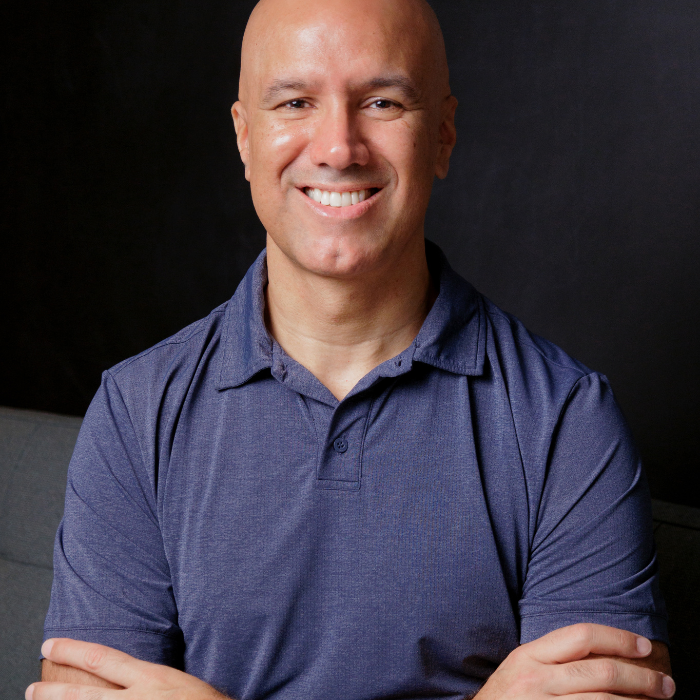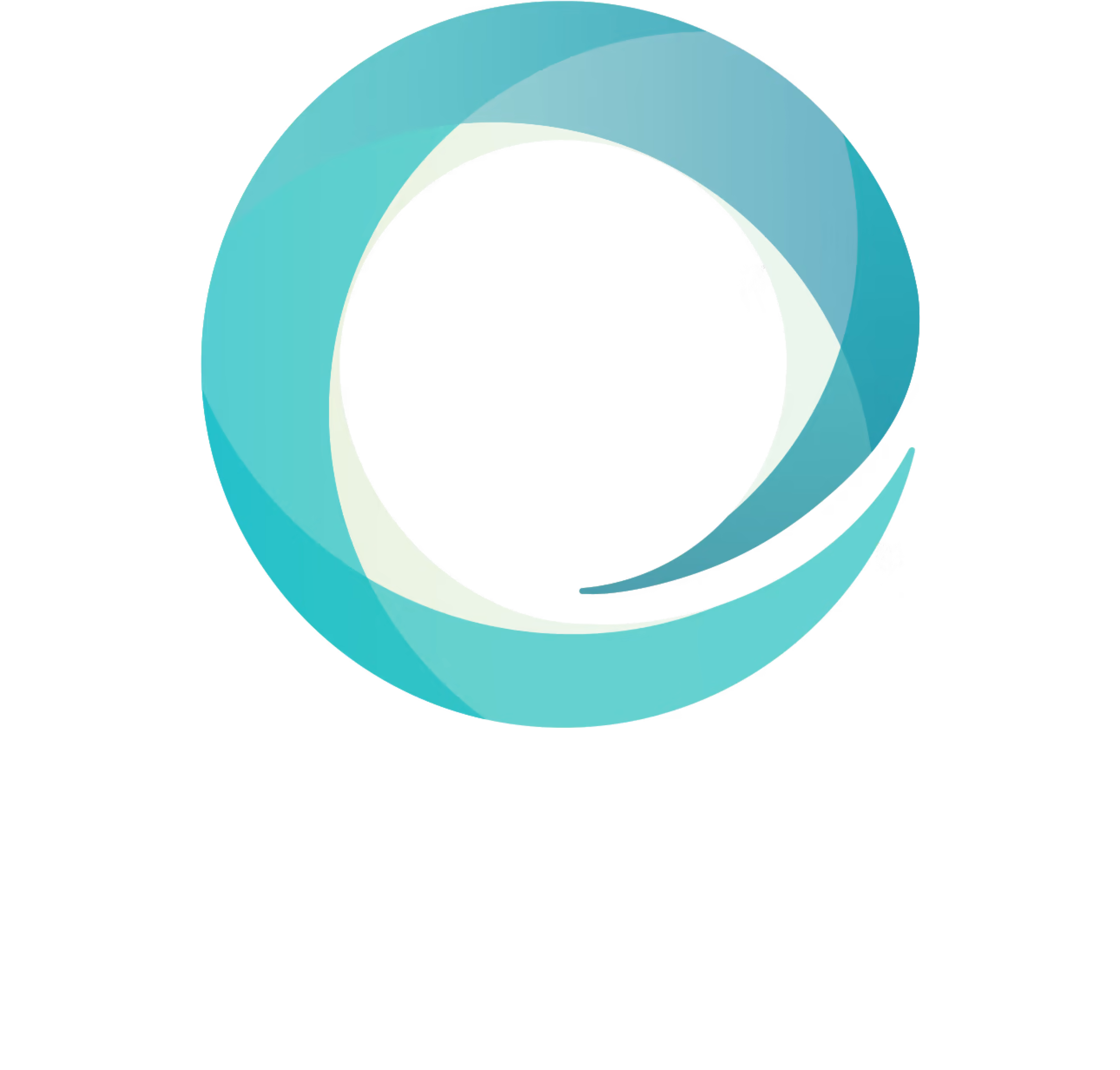Photo by Greg Rakozy on Unsplash
Every self-respecting entrepreneur dreams of conquering the universe. Some want to do good for thousands of people. Others just want their product to be used by thousands of people. And there are still a few others who dream of thousands of people lining up to buy their latest release. But they all have something in common: the desire to conquer the universe.
Perhaps the biggest challenge in this journey is precisely choosing the starting point for the conquest. Intoxicated by the countless opportunities, many attempt to explore the maximum amount of possibilities all at once. Few, whether by experience, faith or luck, manage to pick just one point of attack. And these few are precisely the ones who have the highest chances of conquering the universe.
We often see excellent entrepreneurs pursuing excellent opportunities in the market. And in attempts to support them in achieving product-market-fit, our biggest challenge is precisely convincing them to focus. If Facebook started in Harvard, AirBnB in New York and Uber in a number of different zip codes in San Francisco, why do many entrepreneurs try to launch their product nationwide (or worldwide)? If the Allies had to choose a single beach to land in Europe and defeat the Axis, why do many still insist on invading through the Bosphorus, Italy, Spain and all the beaches of France all at the same time?
The truth is that focusing is not an easy thing to do. First, because cognitively we are designed to hedge our bets and thus increase our chances of survival. Second, because many are unaware of the history of companies that actually scale. Third, because we tend to fear competitors and think it's better to conquer everything at once. Fourth, because even though I believe in the power of focus, I need to convince my whole team and sometimes investors too. And finally, we often don't have enough time or money to survive, so the only way out is to sell to whoever shows up.
To deal with these mental, intellectual, emotional and actuarial challenges, we strive to provide entrepreneurs with four main devices: i) a map for conquering the galaxy, ii) the typical stem cell archetype of these companies, iii) case studies of companies that scaled and iv) fundraising ideas.
Map for conquering the Galaxy

The simple fact of visualizing the entire theoretical universe to be conquered and segmenting it into discrete pieces helps the mind to understand the physical impossibility of conquering all the elements at the same time. This peace of mind allows the journey to be compartmentalized into blocks such as Total Addressable Market (the Galaxy), Total Accessible Market (the World), Total Available Market (the Continent) and the Ideal Customer Profile (ICP, or persona, our first castle), and thus create a credible narrative for the journey, which invariably requires the aforementioned focus.
As such, to be relevant in this segment, the aim is to first conquer P1, and then to start choosing when and how to advance to P2, P3 and P4. The first question that emerges with this epiphany is how to choose the ideal persona, or our focus of attack (P1).
The best mental model we've found so far to address this issue is the Market Development Strategy Checklist that Geoffrey Moore offers in Crossing the Chasm. In this checklist, all possible hypotheses of persona (or ICP) must be ranked according to the following criteria:
- Which one has the greatest pain: number 5 for those with their hair on fire and number 0 for those who don't care at all;
- Which one is my product ready for: 5 for the ones that I already fully service and 0 for those that I still need 652 sprints to finish the product;
- For which of them do I have more partners and allies: 5 for those surrounded by companies that benefit from the use of my product, 0 for those surrounded by enemies;
- Which of them do I know how to sell to: 5 for those who my specialty fits like a glove, 0 for those for which I'll need two years to become a master;
- Which of them does my price fit best: 5 for those who think my product is cheap, 0 for those who see no value in it even if it were free;
- For which of them do we have the least competition: 5 for those with no other alternative, 0 for those who already got it going on;
- For which of them am I best positioned: 5 for those who recognize me as the authority, 0 for those who don't know how to pronounce my company's name;
- Which one will take me to the next adjacency: 5 for those who influence other personas, 0 for those who will get me nowhere.
Add up the points of each persona and the one with the highest score wins. It's amazing the pax vobis that comes from an entire team voting on all these criteria and mathematically coming to the conclusion that there is one persona that stands out in the quest to conquer the universe. Is this a perfect, foolproof methodology? Not at all. It is a qualitative method and only the fastest and most coherent one that we have found so far.
Archetype of a Stem Cell
The second question that we have to answer is what exactly does it mean to have focus. And here comes the typical archetype of companies that scale fast and with efficiency in: 1 persona, 1 product, 1 sales channel and 1 lead source.
Focusing on one persona leads to the development of a lean product that meets the demands of just one group of users. In this regard, the lack of focus results in products that are architecturally inefficient, that do nothing extraordinarily well for anyone and which consume a lot from the development team, as it is never clear which demand of which persona deserves priority in the sprints. We have a weak product with a demoralized development team that is operating far below its maximum productivity.
Focusing on one persona and one product makes it possible to focus on just one sales channel. Here, it makes all the difference in the world to focus on just one of the main distribution channel categories: self-service, inside sales, field sales or channel. The lack of focus prevents the team from becoming a master of any of these techniques. Vendors are unproductive because each sale differs from the next and marketing collateral is never good enough for any of the potential customers.
Focusing on one persona, one product and one sales channel enables us to conquer the Holy Grail for every scalable company: an inexhaustible and proprietary source of leads (sales opportunities). Only full alignment allows us to arrive at ZMOT (Zero Moment of Truth, or that moment when the consumer realizes he or she is in need and wants a solution). In this case, the lack of focus leads us to have all possible sources paid for and does not allow us to dedicate time and resources to mastering our own and deserved sources. Even at scale, big tech companies generate 80% of their leads from a single source.
The sooner we can focus, the better. The more time passes, the more the product develops, the more the sources of leads develop, the more commercial relationships develop and it becomes increasingly difficult to leave behind what has been achieved. This makes us heavy, decreasing the chance of achieving product-market-fit and the great source of strategic differentiation in the long run: a proprietary distribution channel.
Scalability requires replicability. Replicability requires a process. A process requires focus.





%20(2).png)
%20(1).png)

.jpeg)






